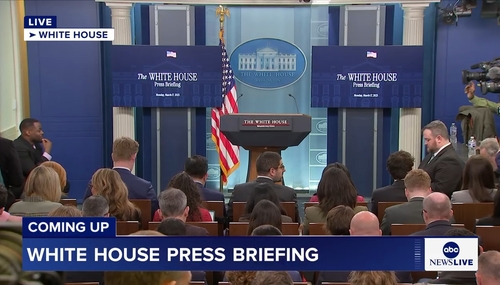Obituaries aren't the best articles for piling on negatively on the recently deceased, although as Amy Ridenour pointed out, the Washington Post tried that approach with former conservative Rep. Helen Chenoweth-Hage earlier this month. Compare that to the WashPost obituary for former liberal Rep. Gerry Studds published on Sunday, headlined "Gay Pioneer in Congress."
Yvonne Shinhoster Lamb lauded his work for noble causes: "Gerry E. Studds, the first openly gay person elected to Congress and a longtime proponent of environmental protection, New England fishermen and human rights, died Oct. 14" in Boston, reporting the health details from "Dean Hara, who married Mr. Studds in 2004 shortly after same-sex marriage was legalized in Massachusetts." She touted his work on the environment, "gay rights," and "peace."
Lamb said "his opposition to the Vietnam War propelled him back into politics. In 1968, the young teacher and peace activist joined the presidential primary campaign of Sen. Eugene McCarthy (D-Minn.) as a coordinator in New Hampshire, where his political acumen developed." In looking at the ABC News coverage of Studds before and after his sex-with-a-male-page scandal, Studds was quoted almost exclusively by ABC trashing the Reagan administration's opposition to the Sandinista communist dictatorship in Nicaragua and the contra fighters there, which went on to win election over Sandinista leader Daniel Ortega. Is that "human rights" work, according to the Washington Post? More like working against human rights, at least in that country.
Take this example, from February 27, 1985, on ABC's World News Tonight:
John McWethy: "[Reagan] administration analysts concede that Ortega's so-called peace initiative is a stroke of political genius. That it could well sink the President's drive to win funding for the guerrillas that he calls freedom fighters. On the floor of the House today, the President's Nicaraguan policy had few friends."
Congressman Richard Durbin: "We drive Nicaragua into the arms of the Kremlin and we're shocked when we find them there."
Congressman Gerry Studds: "The President wants Congress to resume funding for military operations directed against the people and territory of Nicaragua, that too is tantamount to a declaration of war."
Or Studds on ABC, April 17, 1983, before his page scandal broke:
"The covert activities being engaged in uncovertly by this administration cannot be justified. In my judgment they are illegal."
The most scandalous part of Studds' career came first in the Post obituary, starting in paragraph two, but Lamb presented it as an "adult" relationship that was "complex" instead of predatory, as the media is currently portraying gay Republican Mark Foley:
Mr. Studds was a ranking member of the House Democratic leadership and popular in his 10th Congressional District in 1983 when he was censured for sexual misconduct with a 17-year-old male page that had occurred 10 years earlier.
Mr. Studds told the House that his affair with the page was "a very serious error in judgment" but that it was "a mutually voluntary, private relationship between adults."
He chose not to fight the charges, saying his right to privacy was more important.
"It is not a simple task for any of us to meet adequately the obligations of either public office or private life, let alone both," Mr. Studds said on the House floor. "But these challenges are made substantially more complex when one is, as I am, both an elected public official and gay."




